- Biodiversity simply refers to the wide range of living things on Earth and how they interact with each other and their surroundings.
- The importance of biodiversity cannot be overstated. It keeps our air breathable and our climate stable
According to the United Nations Environment Programme (UNEP), “Biodiversity is essential for human well-being and a healthy planet. But nature is declining at an alarming rate and threatening global progress.”
This statement is not just a fact but a warning. It reminds us that the variety of life around us, what scientists call biodiversity, is much more than just animals, plants, and forests.
It is the foundation that supports our food, health, economy, and future. However, some may still be wondering what exactly biodiversity is.
Biodiversity therefore simply refers to the wide range of living things on Earth and how they interact with each other and their surroundings.
It includes every plant, animal, insect, and microbe, as well as the places they live such as forests, oceans, rivers, and deserts.
Read More
It also covers the differences and the variety of ecosystems that make up our planet. When these parts work together, they form a balanced system that keeps the Earth healthy.
For instance, a forest does not just give us wood; it stores carbon, cleans the air, protects water sources, and provides a home for countless creatures. All this happens because biodiversity is alive and functioning.
The importance of biodiversity cannot be overstated. It keeps our air breathable and our climate stable. Pollinators like bees and butterflies help crops grow, wetlands filter dirty water, and mangroves protect coastlines from storms.
Even the soil beneath our feet depends on tiny organisms that recycle nutrients and make it fertile. When biodiversity declines, these natural systems weaken and that affects everyone.
Without healthy ecosystems, our ability to grow food, fight diseases, and adapt to climate change becomes harder. Protecting biodiversity, therefore, is not just about saving animals and plants; it is about protecting human life itself.
Sadly, nature is disappearing faster than ever. Forests are being cleared, oceans are polluted, and many species are going extinct. This decline does not only harm wildlife, it also threatens human progress in health, development, and stability.
To respond to this crisis, countries have united through the Global Biodiversity Framework, an international plan supported by the United Nations Environment Programme. This framework sets clear global targets to protect and restore nature by 2030 and beyond.
Among its goals are conserving at least 30 percent of the world’s land and oceans, restoring damaged ecosystems, reducing pollution, and making sure natural resources are used in a fair and sustainable way.
It also acknowledges that Indigenous peoples and local communities, who are frequently nature's closest protectors, must play an active role in conservation initiatives.
The UN's global roadmap for a more equitable and environmentally friendly future, the Sustainable Development Goals, is closely related to the Global Biodiversity Framework.
From combating poverty and tackling climate change to eradicating hunger and enhancing health, a healthy earth supports many of these objectives. When biodiversity thrives, societies thrive too.
The framework reminds us that protecting nature is not separate from development, it is a key part of it. Without biodiversity, progress cannot last because the natural systems that sustain life begin to collapse.
Understanding biodiversity is really about realizing how everything in nature is connected to everything we do. Every breath we take, every drop of water we drink, and every meal we eat is part of this great web of life.
Protecting it is a shared responsibility, not only for the sake of animals and plants but also for our own well-being and for future generations.
And by working together through efforts like the Global Biodiversity Framework, we can help nature recover, strengthen our communities, and secure a healthier, more balanced planet for everyone.
Follow us on WhatsApp for real-time updates, community voices, and stories that matter.

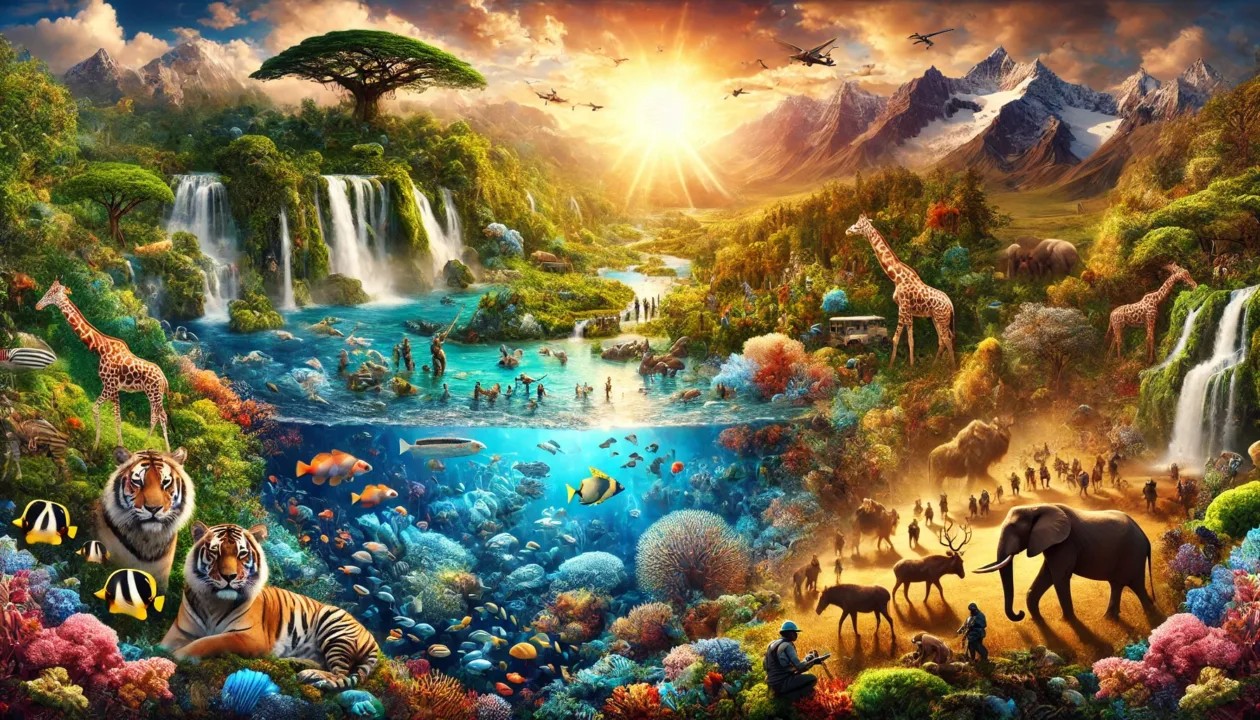
-1769677767.jpg)
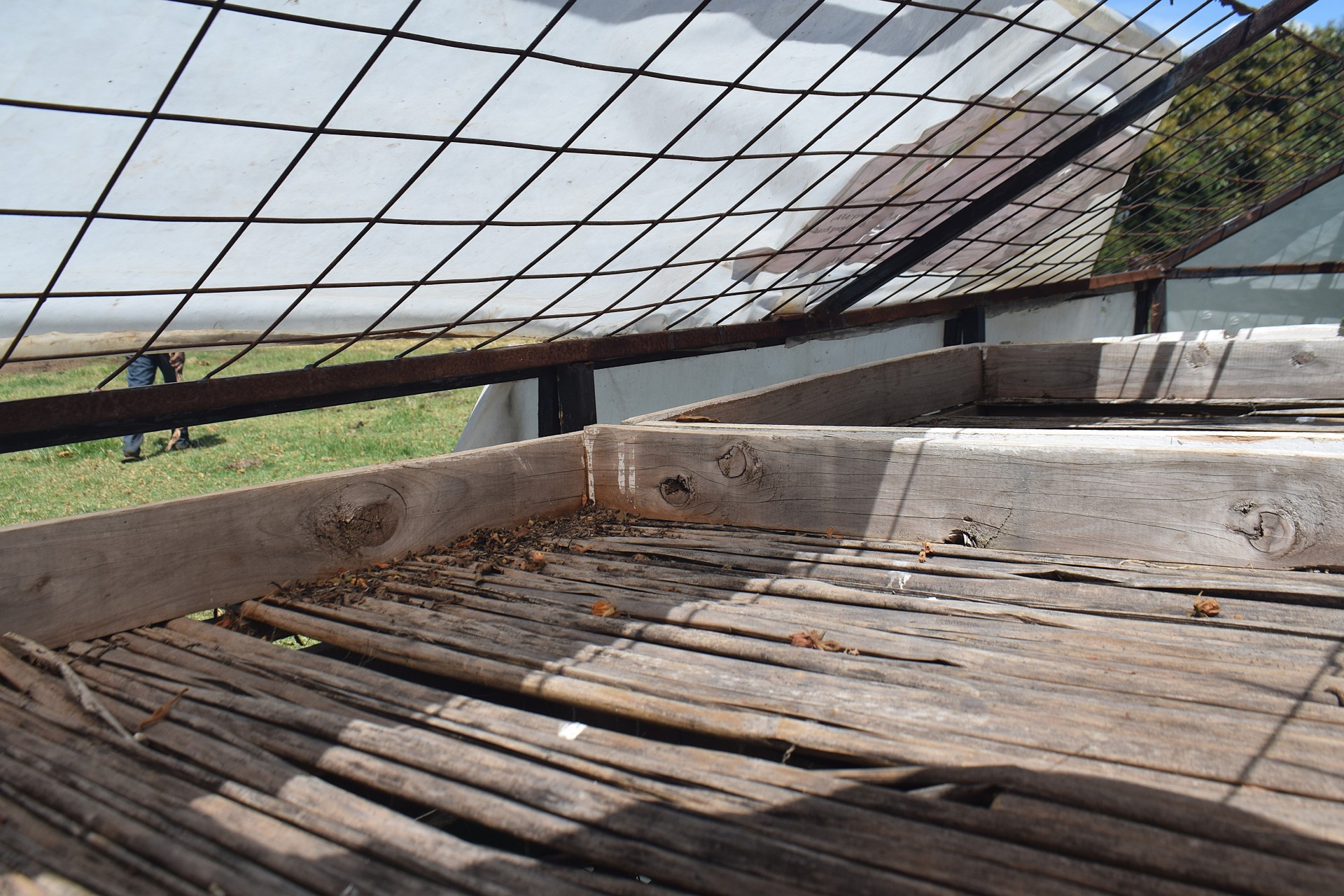
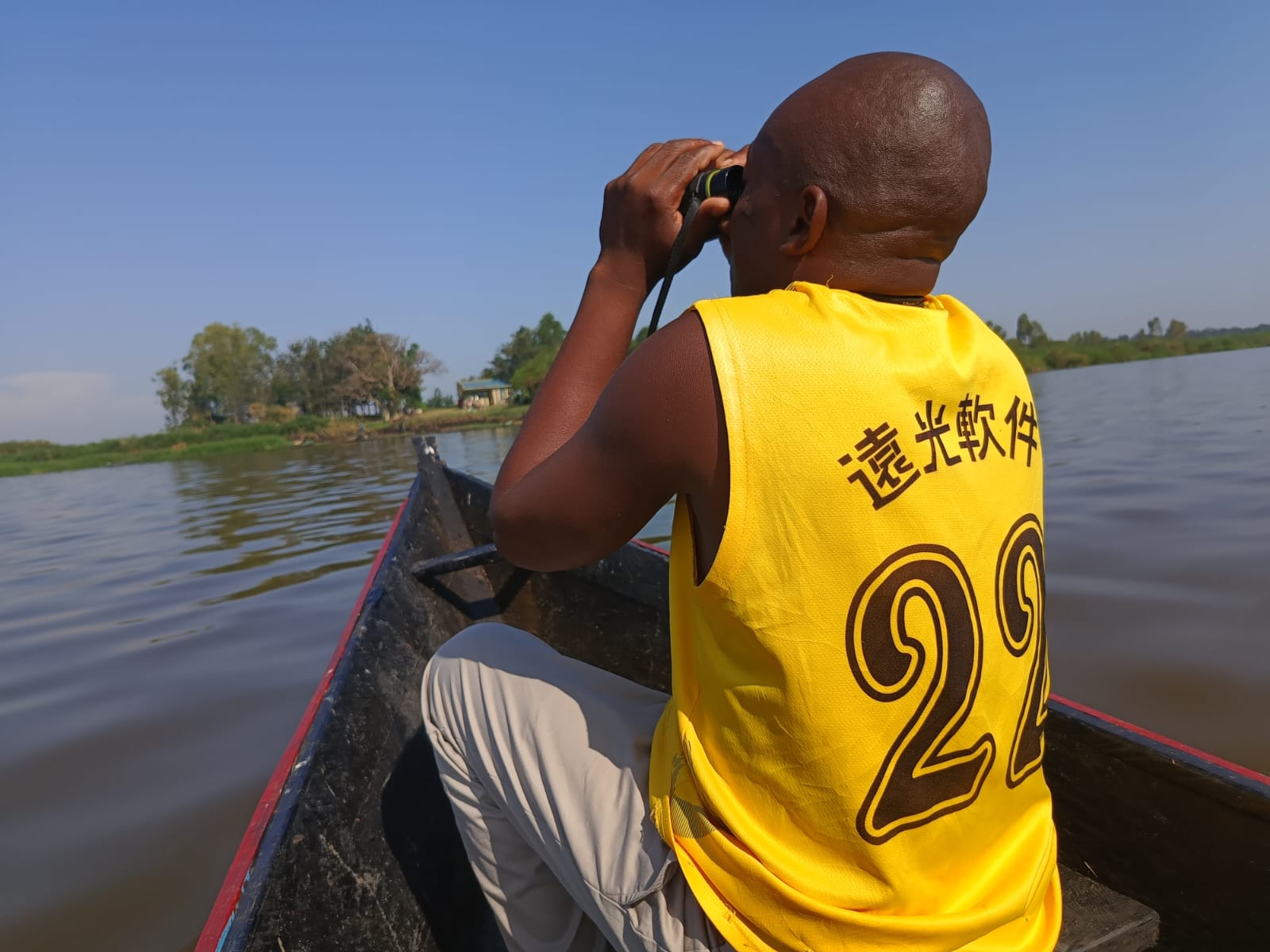
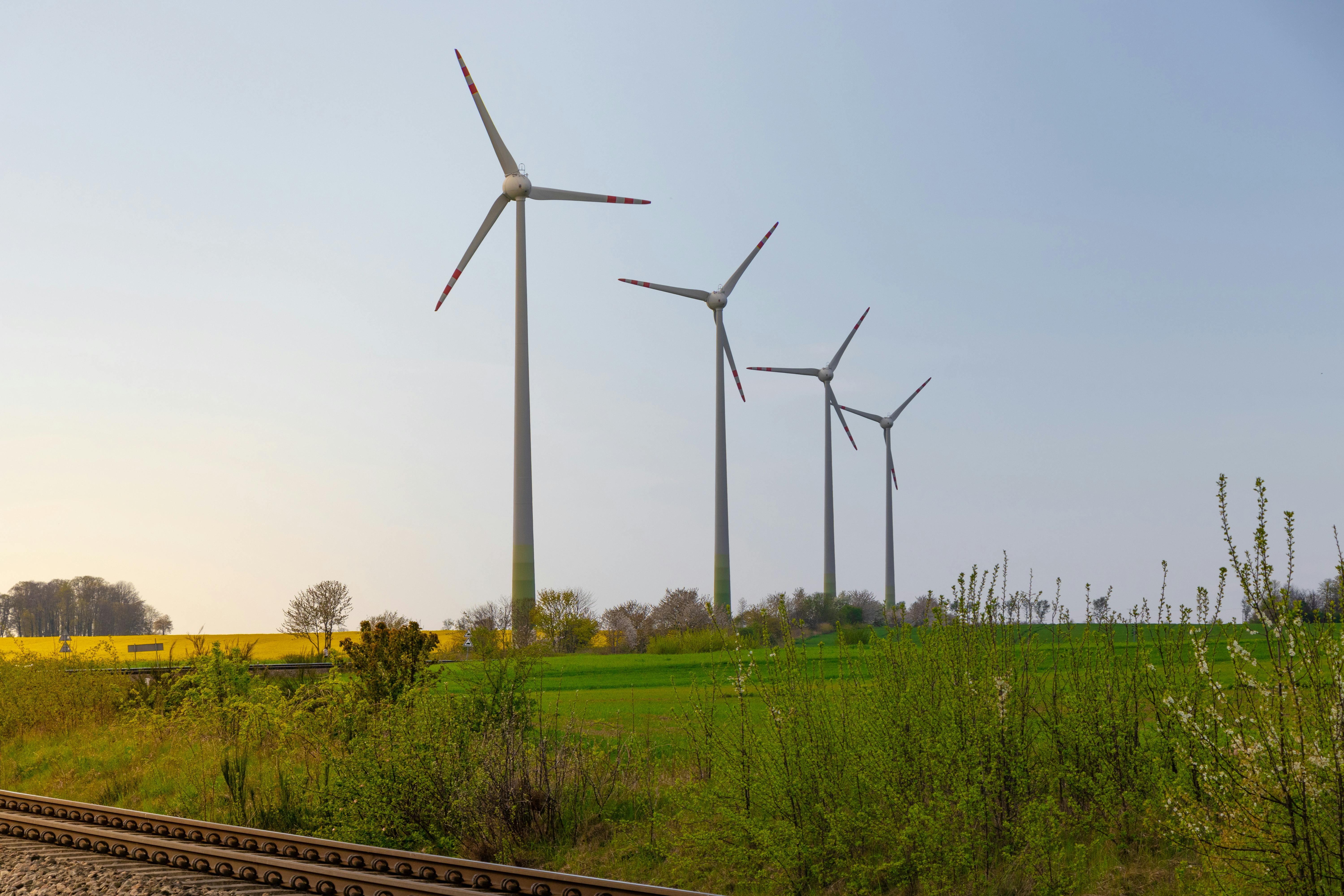
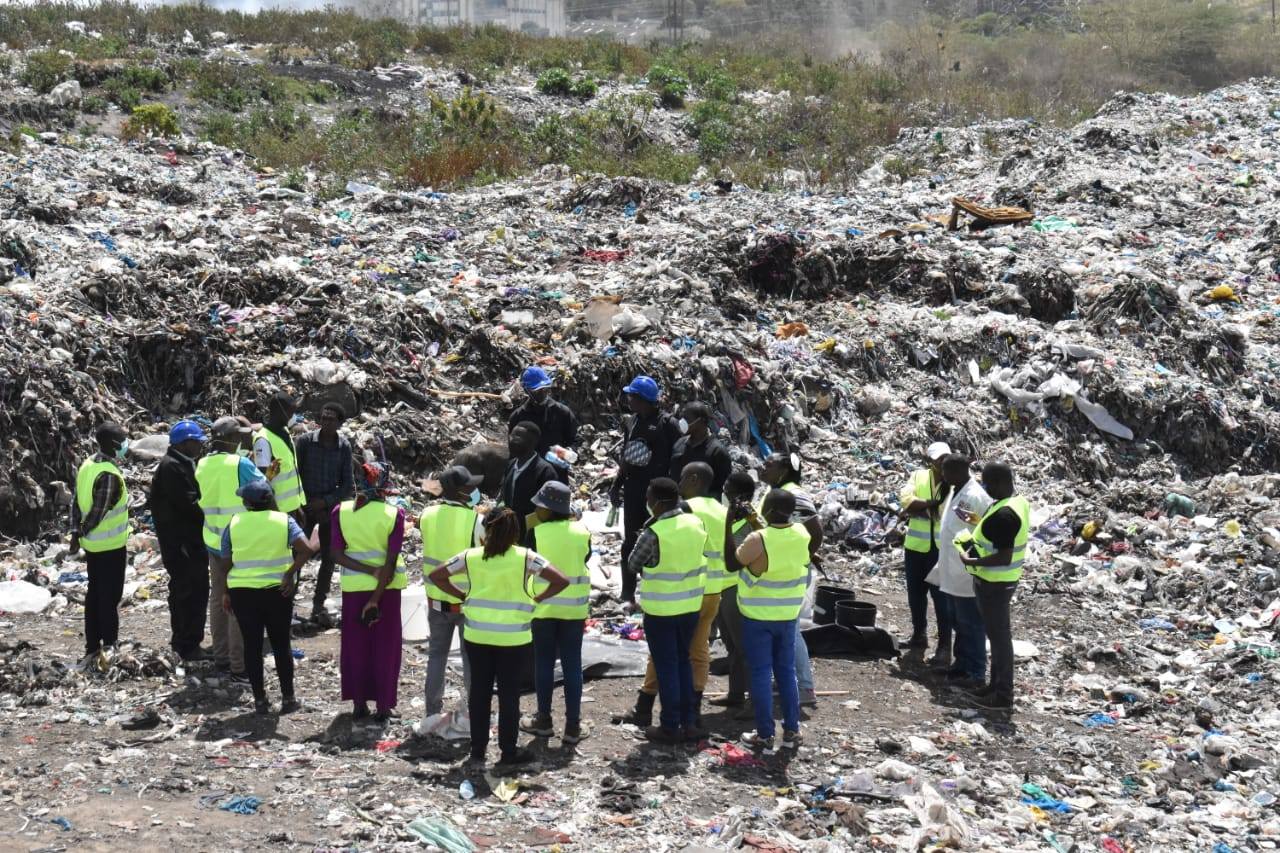
-1768983522.png)